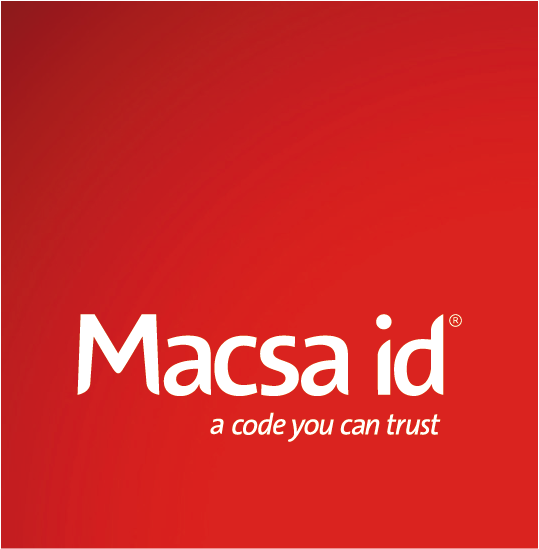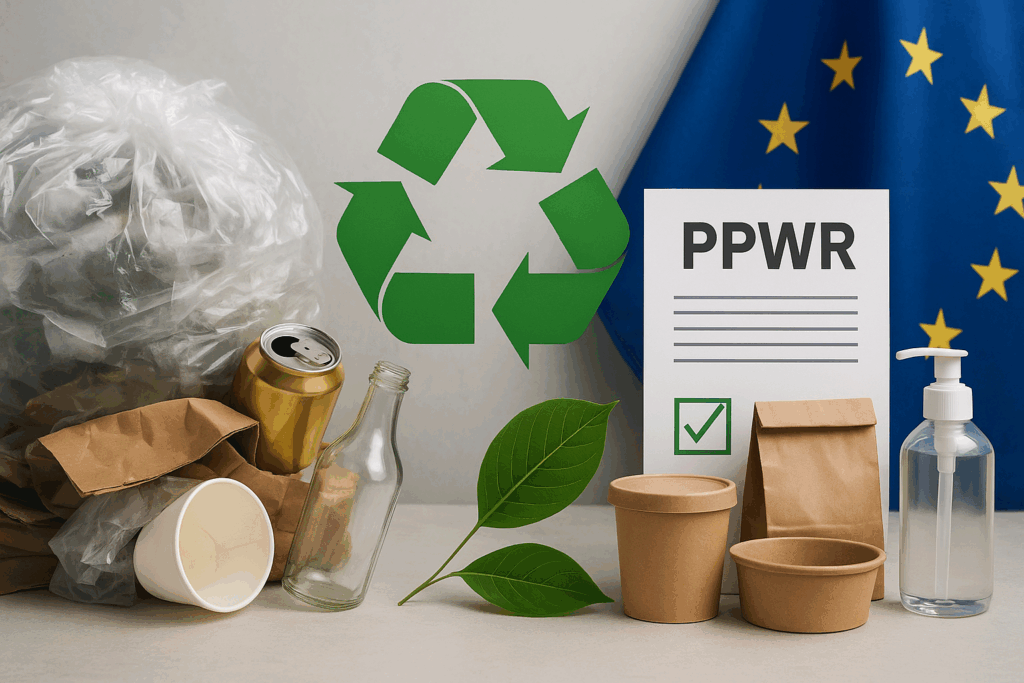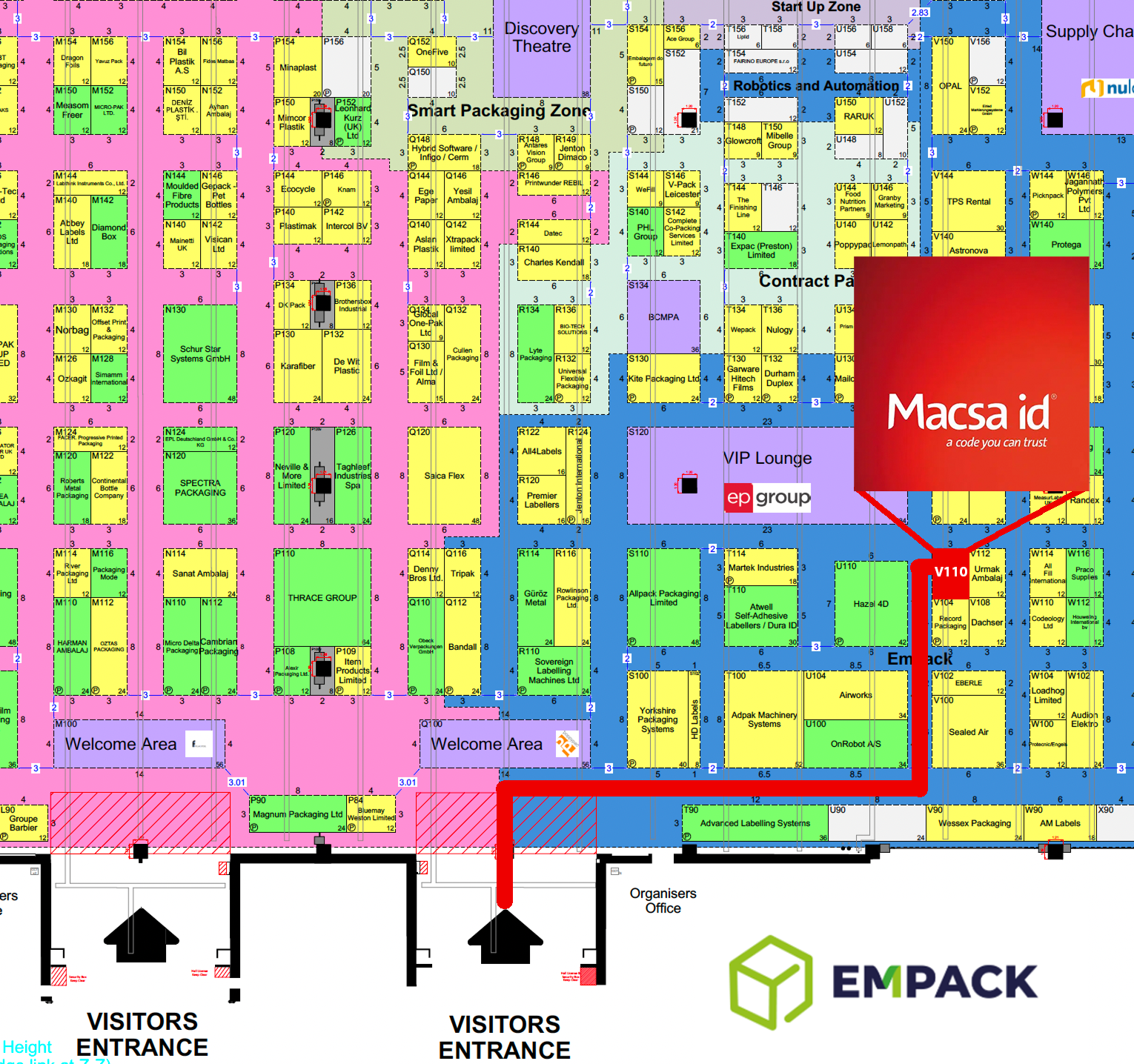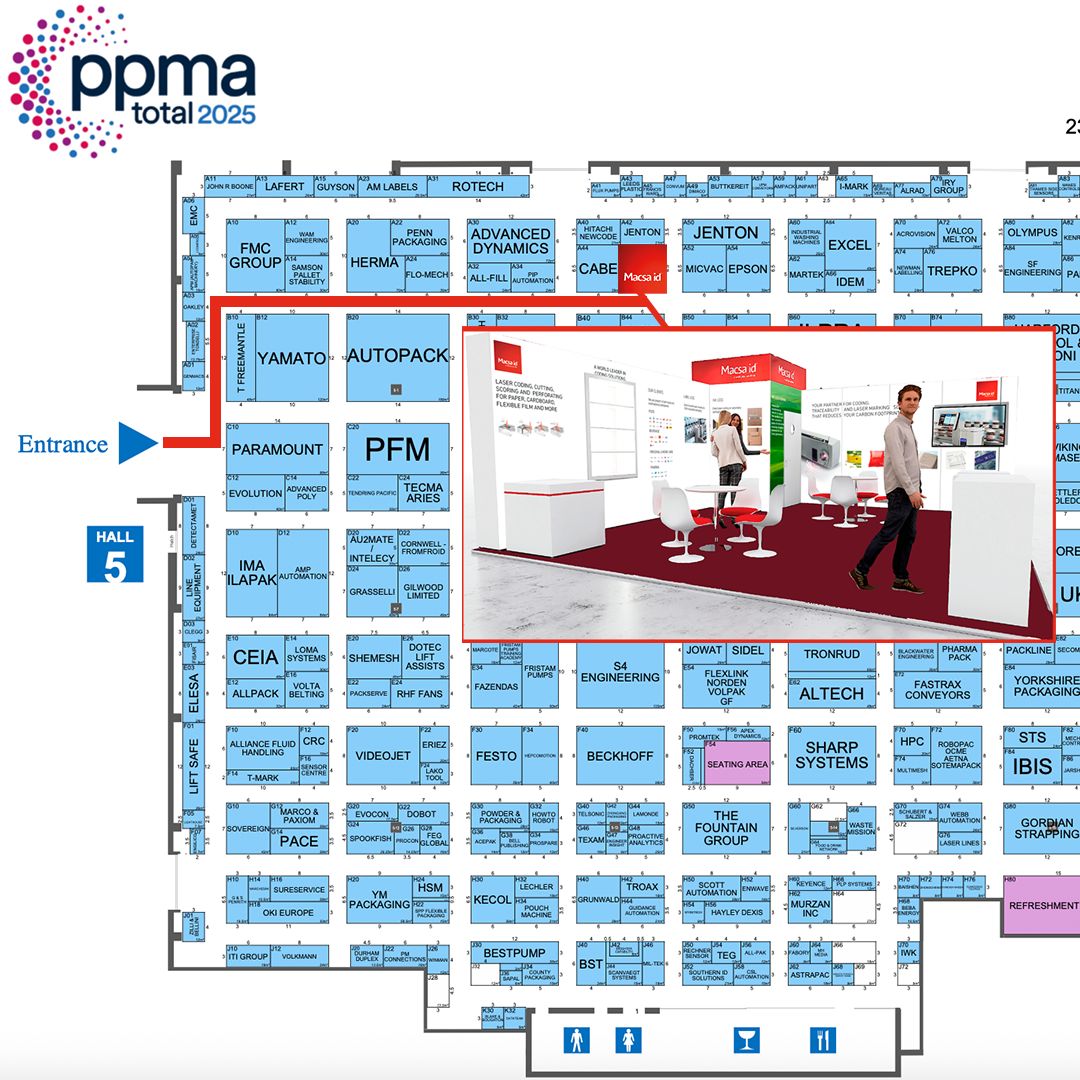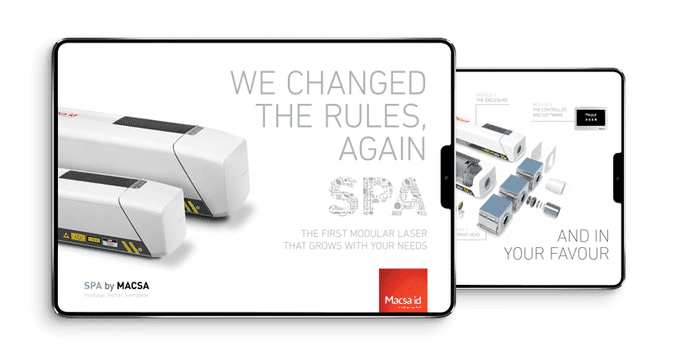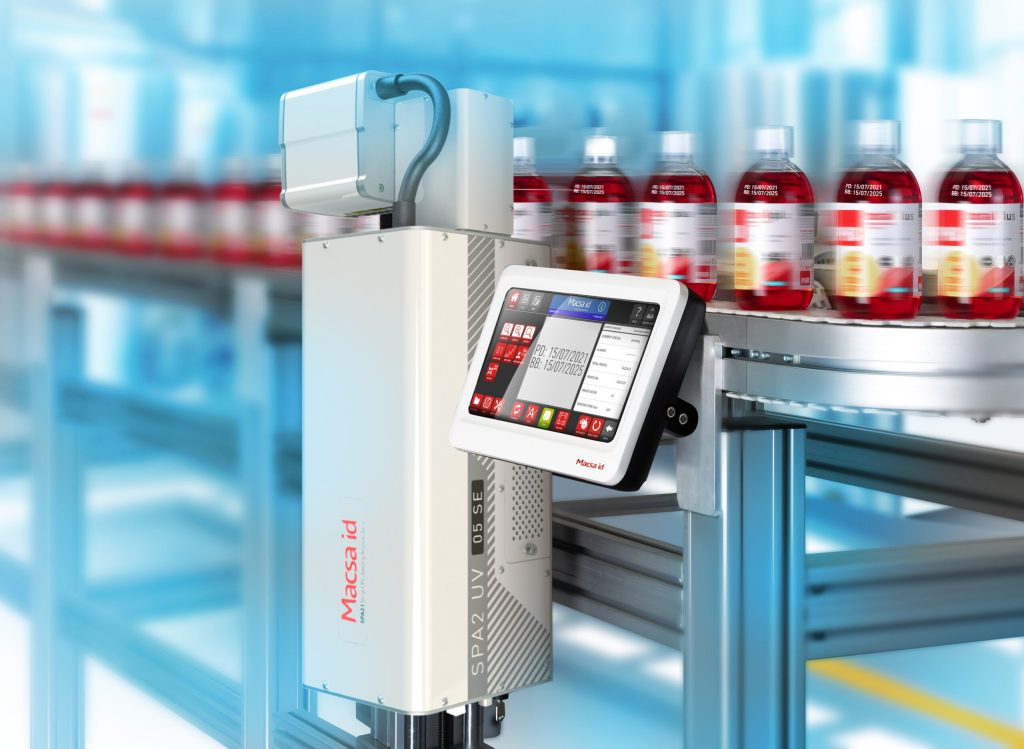The EU’s new Packaging and Packaging Waste Regulation (PPWR) marks a significant overhaul in European packaging standards with a focus on sustainability: minimising packaging, improving recyclability and increasing the use of recycled material. While the United Kingdom is no longer an EU member, the PPWR has direct and wide-reaching consequences for UK-based manufacturers, exporters, and importers integrated with European markets.
What is the PPWR?
The PPWR is a sweeping regulation intended to:
- Make all packaging recyclable by 2030 using established collection and recycling infrastructure
- Reduce packaging waste per capita, with focused targets for plastics and unnecessary materials
- Establish mandatory recycled content thresholds, especially for plastics
- Implement strict reuse targets for sectors such as e-commerce and food service
- Standardise labelling to provide clear disposal instructions for consumers
- Unlike its predecessor—the Packaging Waste Directive, which allowed for national interpretation—the PPWR brings uniform rules into force simultaneously across all EU member states, beginning 12 August 2026
Implications for UK Businesses
Export Compliance with EU Standards
UK businesses exporting goods to the EU must ensure all packaging—whether primary, secondary, or tertiary—is compliant with PPWR. This covers material composition, recyclability, use of recycled content, and labelling requirements. Non-compliance could lead to delayed shipments, rejected goods, or penalties.
Changing Import Packaging
As EU suppliers transition to PPWR-compliant packaging, UK importers will encounter changes in:
Packaging formats and materials
Labelling
Handling, storage, and disposal processes
Automation and logistics systems may require updates to accommodate these changes.
Stronger Supply Chain Integration
The regulation demands close coordination throughout supply chains. Failures in compliance at any stage—including component suppliers or logistics partners—may disrupt the entire chain. Contracts, audits, and supplier relationships will increasingly factor in packaging compliance criteria.
Rising Consumer and Retail Expectations
UK businesses lagging behind PPWR principles could lose retail listings or customer trust, even if not directly exported to the EU.
Key Regulatory Requirements
Area | PPWR Requirement | UK Business Impact |
Recyclability | All packaging must be effectively recyclable by 2030 | Rethink material choices and avoid complex composites |
Recycled Content | Mandated: eg. 30% for some plastics, rising over time | Secure certified recycled materials and ensure traceability |
Waste Reduction | Targets for reducing all packaging and plastic packaging | Audit packaging processes, eliminate over-packaging |
Reuse/Refill | % of packaging must be reusable in key sectors | Invest in reusable packaging, reverse logistics systems |
Labelling | Harmonised, clear, detailed instructions | Adapt print processes, manage multi-market label compliance |
Bans/Restrictions | Certain single-use and non recyclable formats prohibited | Redesign products/packages as needed |
Compliance Solutions for Coding, Marking, and Traceability Providers
At Macsa id UK, our extensive range of coding, marking, and traceability solutions is designed to help your business seamlessly adapt to evolving regulatory requirements, such as the PPWR. Beyond basic compliance, PPWR demands operational transformation of coding systems. Legacy equipment may lack the data integration capabilities needed for real-time batch tracking and recycled content verification that the regulation requires.
Here’s how our offering supports UK and EU compliance:
Advanced hardware: High-precision laser, inkjet, and labelling systems compatible with all packaging materials, from product to pallet.
Integrated software: Smart solutions for adding essential product identification, batch codes, best-before dates, and recycling instructions—essential for compliance with harmonised EU labelling.
End-to-end traceability: Robust supply chain traceability, securing the integrity and transparency demanded by both regulators and clients.
Optimised efficiency & sustainability: High-speed equipment for the most demanding applications reduces operational costs and supports reduced packaging footprints.
Consultative support: Expert guidance to tailor coding and marking technologies for sustainable packaging and dynamic regulatory landscapes.
Implementation Timeline for UK Businesses
Now: System Preparation
- Assess current packaging and coding capabilities against PPWR requirements
- Upgrade coding systems for enhanced data integration and traceability
- Secure certified recycled content suppliers and establish verification processes
- Begin testing PPWR-compliant packaging formats and labelling
September 2025 – July 2026: Final Preparation
- Complete packaging redesigns for recyclability compliance
- Test compliance packaging with EU distribution partners
- Train teams on new coding systems and compliance requirements
- Coordinate transition timelines with EU customers
August 2026 onwards: Full Implementation
- Switch all EU exports to PPWR-compliant packaging
- Activate comprehensive traceability and compliance monitoring
- Implement ongoing regulatory monitoring and system updates
Why Act Now?
Businesses that proactively align with PPWR requirements will be positioned to:
- Maintain frictionless access to EU markets
- Strengthen customer and partner trust through transparent sustainability
- Avoid rushed changes and costs associated with delayed compliance
- Build operational systems that satisfy not only EU but also UK and global standards
- Early movers will enjoy a strategic advantage—future-proofing packaging operations for a rapidly evolving regulatory and consumer landscape
At Macsa id UK, we are large enough to innovate but small enough to care. Let us help your business navigate the challenges and unlock the opportunities of the new PPWR.
